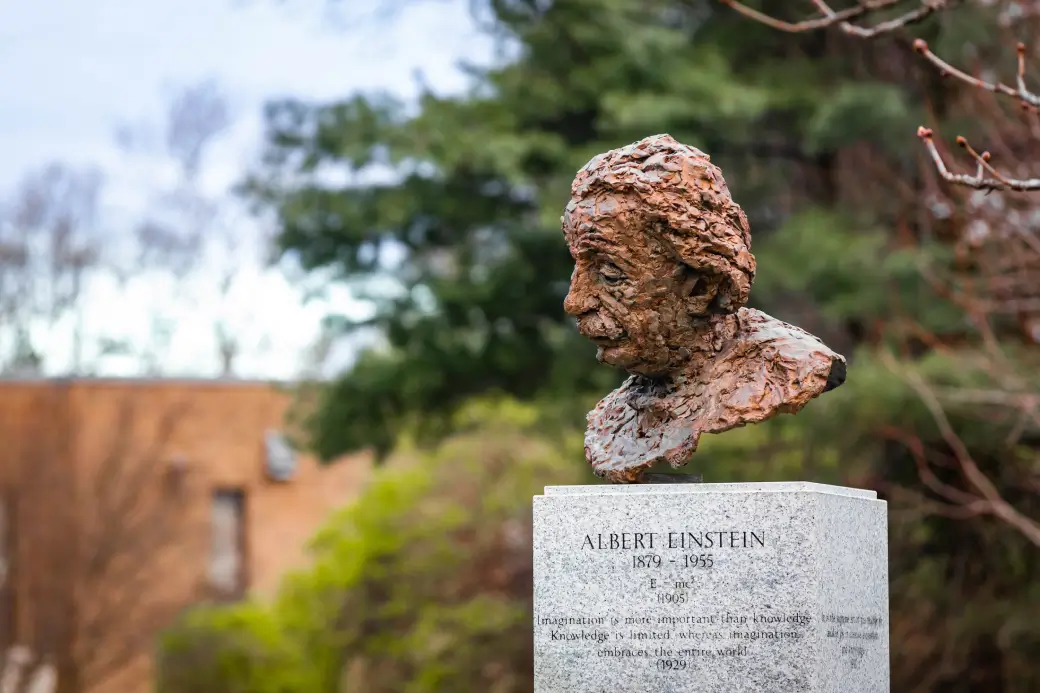Write an essay on a personal topic that connects to you, the world around you, and the way that world has shaped your future.
Guidelines:
Try to open your essay with a “hook”– a point that will surprise your reader. Expect to complete multiple essay drafts. Your first idea may not be your final essay topic.
Your essay can be any length initially. Don’t worry if you go above the 650-word limit of the Common Application– we can edit it down later.
Include sensory details and follow the conventions of the personal narrative essay. It should be personal, self-reflective, and give us a window into an experience, group, or subject that is important to you.
You can write about any topic so long as your treatment of the topic is executed well. Think of Tolstoy writing about a party versus someone who is NOT a talented writer addressing that same topic. One work will come off like inspired art, and another will fall flat. Some students can write about a common topic (like a sport or music involvement) and make it shine. It’s less about the subject matter and more about HOW you talk about it. The essay should be a window into some aspect of your life, your goals, your history, or your passion that can help the reader understand you better. A well-written essay should leave the reader with a glimmer of who you are as a person. It does not have to wrap in a happy realization or have a pat ending.
Your voice should be clear. Your writing should be a clear, authentic reflection of who you are and how you think. Can you describe a scene, an individual, a moment, a value, or an issue and make it come alive on the page? Think about what is the best “vehicle” for sharing the most about you in such a short space. Whether you are talking about your passion, intellectual curiosity, identity, overcoming an obstacle, an experience abroad, or cultural identity, the essay should reflect you clearly and be well written.
Admission officers care about your talent for conveying your ideas in writing. Your facility with language will give the reader an indication of whether you are able to handle the complex work expected in college courses.
Note: The Common App Essay and the “Personal Statement” are the same thing.
Before you commit to writing your Common App essay, it’s helpful to understand how this platform differs from others like the Coalition App. This breakdown of application platforms can help you decide which option best fits your needs.
Getting Started: Brainstorming
Before diving into your Common App essay, spending some time brainstorming is like going on a treasure hunt for your best stories! It’s your chance to dig deep, uncover those unique moments and quirks that make you stand out from the crowd.
Instead of rushing into writing, brainstorming helps you dodge boring clichés and find a topic that’s truly exciting and meaningful. Plus, playing around with different ideas means you’ll end up with a story that not only answers the prompt but also shows off your personality in the coolest way. So, grab a notebook, get creative, and have fun discovering the idiosyncratic experiences in your life that will lead you to your perfect essay gem!
We’ve compiled a list of questions to help you start reflecting on your experiences and create a chance for you to uncover some of the stories that you might have forgotten, which would allow admissions officers to get to know more about you. Focus on responding in ways that are genuine to you (not what you think someone else might want to hear).
Personal Background
Briefly describe how and where you grew up, where you’ve gone to school, and what your primary interests and pursuits have been so far.
What experiences have most impacted you?
What challenges have you faced?
Who are the most influential adults in your life?
What language(s) do you speak at home? What other languages are you proficient in?
Academics and Activities
What are your favorite courses and/or academic interests? What do you enjoy about these areas of study?
For each of your extracurricular activities (please provide a copy of your Activities List): Why do you enjoy this activity? What do you get out of it? What skills have you developed by doing this activity?
How have you spent your recent summers? List your activities for each summer, and describe what was impactful about each experience.
List any awards, publications, scholarships, etc.
When reflecting on your extracurriculars, consider how admissions officers interpret them. This guide explains what colleges really look for in your activities.
Personal Reflection
What books, movies, TV shows, games, and/or works of art are most important to you? Focus on things that you truly love and return to for inspiration or solace. List at least three things, and describe what you love about each.
What accomplishment(s) are you most proud of, and why?
Think of someone who cherishes you—a friend, parent, teacher, family member, etc. How do you think they would describe you? What do they value about you?
What personal qualities do you value most in yourself, and why? How have you developed these traits? How do they help you in navigating the world?
Describe a time you have encountered failure. How did you respond to this setback or challenge?
Describe a time you have changed your mind about something, big or small. How did this change come about?
When you imagine your future, what are you looking forward to? What are your most important dreams and/or goals? How and when did you develop these goals or hopes?
What do you hope to get out of college?
What are you most worried or concerned about in the college application process?
Future Plans
What major or fields of study are you interested in pursuing in college? How certain are you of these plans?
What extracurriculars do you think you might want to pursue in college? Which of these will be continuations of past activities, and which might be new?
What career goals, if any, do you currently have? How did you become interested? Why do you think that you are well-suited for this career? What do you think you will enjoy about it?
Still feeling unsure about where to begin? Try this 5-question approach to simplify your Common App writing process, and start building a structure that truly reflects your voice.
Need help turning your ideas into a compelling essay draft? Reach out to Opus College Prep for expert guidance through every step of your writing process.





